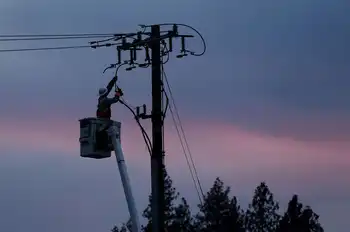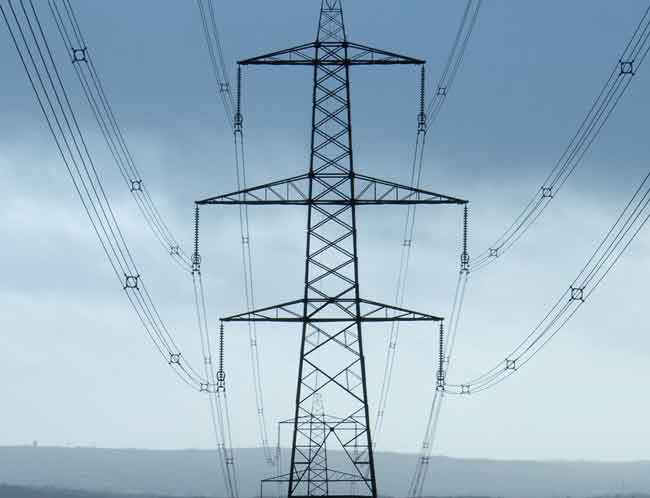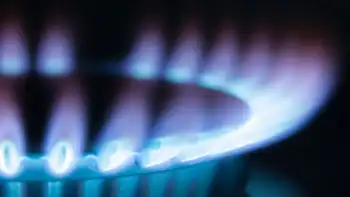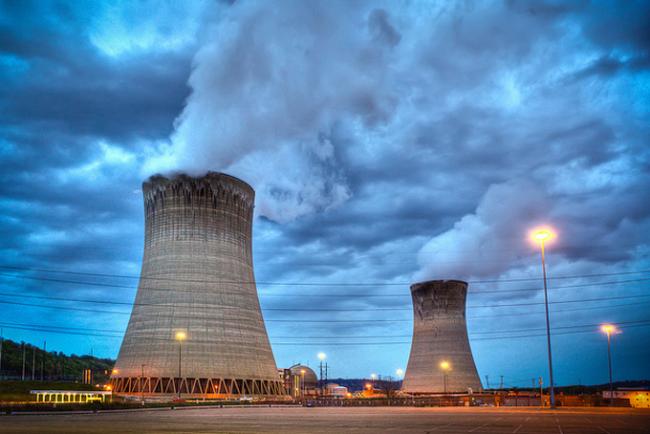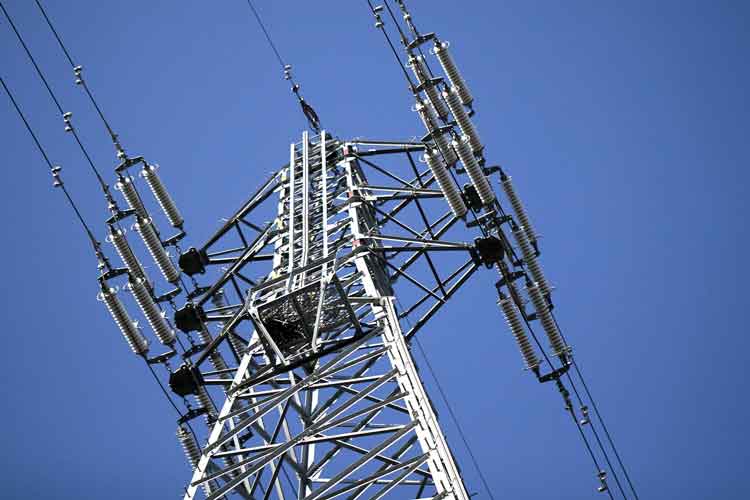Hinkley Point C Reactor Installation signals UK energy security, nuclear power expansion, and low-carbon baseload, featuring EPR technology in Somerset to cut emissions, support net-zero goals, and deliver reliable electricity for homes and businesses.
Key Points
First EPR unit fitted at Hinkley Point C, boosting low-carbon baseload, grid reliability, and UK energy security.
✅ Generates 3.2 GW across two EPRs for 7% of UK electricity.
✅ Provides low-carbon baseload to complement wind and solar.
✅ Creates jobs and strengthens supply chains during construction.
The United Kingdom has made a significant stride toward securing its energy future with the installation of the first reactor at its newest nuclear power station. This development marks an important milestone in the nation’s efforts to combat climate change, reduce carbon emissions, and ensure a stable and sustainable energy supply. As the world moves towards greener alternatives to fossil fuels, nuclear power remains a key part of the UK's green industrial revolution and low-carbon energy strategy.
The new power station, located at Hinkley Point C in Somerset, is set to be one of the most advanced nuclear facilities in the country. The installation of its reactor represents a crucial step in the construction of the plant, with earlier milestones like the reactor roof lifted into place underscoring steady progress, which is expected to provide reliable, low-carbon electricity for millions of homes and businesses across the UK. The completion of the first reactor is seen as a pivotal moment in the journey to bring the station online, with the second reactor expected to follow shortly after.
A Historic Milestone
Hinkley Point C will be the UK’s first nuclear power station built in over two decades. The plant, once fully operational, will play a key role in the country's energy transition. The reactors at Hinkley Point C are designed to be state-of-the-art, using advanced technology that is both safer and more efficient than older nuclear reactors. Each of the two reactors will have the capacity to generate 1.6 gigawatts of electricity, enough to power approximately six million homes. Together, they will contribute about 7% of the UK’s electricity needs, providing a steady, reliable source of energy even during periods of high demand.
The installation of the first reactor at Hinkley Point C is not just a technical achievement; it is also symbolic of the UK’s commitment to energy security and its goal to achieve net-zero carbon emissions by 2050, a target that industry leaders say multiple new stations will be needed to meet effectively. Nuclear power is a crucial part of this equation, as it provides a stable, baseload source of energy that does not rely on weather conditions, unlike wind or solar power.
Boosting the UK’s Energy Capacity
The addition of Hinkley Point C to the UK’s energy infrastructure is expected to significantly boost the country’s energy capacity and reduce its reliance on fossil fuels. The UK government has been focused on increasing the share of renewable energy in its mix, and nuclear power is seen as an essential complement to intermittent renewable sources, especially as wind and solar have surpassed nuclear in generation at times. Nuclear energy is considered a low-carbon, reliable energy source that can fill the gaps when renewable generation is insufficient, such as on cloudy or calm days when solar and wind energy output may be low.
With the aging of the UK’s existing nuclear fleet and the gradual phase-out of coal-fired power plants, Hinkley Point C will help ensure that the country does not face an energy shortage as it transitions to cleaner energy sources. The plant will help to bridge the gap between the current energy infrastructure and the future, enabling the UK to phase out coal while maintaining a steady, low-carbon energy supply.
Safety and Technological Innovation
The reactors at Hinkley Point C are being constructed using the latest in nuclear technology. They are based on the European Pressurized Reactor (EPR) design, which is known for its enhanced safety features and efficiency, and has been deployed in projects within China's nuclear program as well, making it a proven platform. These reactors are designed to withstand extreme conditions, including earthquakes and flooding, making them highly resilient. Additionally, the EPR technology ensures that the reactors have a low environmental impact, producing minimal waste and offering the potential for increased sustainability compared to older reactor designs.
One of the key innovations in the Hinkley Point C reactors is their advanced cooling system, which is designed to be more efficient and environmentally friendly than previous generations. This system ensures that the reactors operate at optimal temperatures while minimizing the environmental footprint of the plant.
Economic and Job Creation Benefits
The construction of Hinkley Point C has already provided a significant boost to the local economy. Thousands of jobs have been created, not only in the construction phase but also in the ongoing operation and maintenance of the facility. The plant is expected to create more than 25,000 jobs during its construction and around 900 permanent jobs once it is operational.
The project is also expected to have a positive impact on the wider UK economy. As a major infrastructure project, Hinkley Point C will provide long-term economic benefits, including boosting supply chains and providing opportunities for local businesses.
Challenges and the Road Ahead
Despite the progress, the construction of Hinkley Point C has not been without its challenges. The project has faced delays and cost overruns, with setbacks at Hinkley Point C documented by industry observers, and the total estimated cost now standing at around £22 billion. However, the successful installation of the first reactor is a step toward overcoming these hurdles and completing the project on schedule.
Looking ahead, Hinkley Point C’s successful operation could pave the way for future nuclear developments in the UK, including next-gen nuclear designs that aim to be smaller, cheaper, and safer. As the world grapples with the pressing need to reduce greenhouse gas emissions, nuclear energy may play an even more critical role in ensuring a clean, reliable energy future.
The installation of the first reactor at Hinkley Point C marks a crucial moment in the UK’s energy journey. As the country seeks to meet its carbon reduction targets and bolster its energy security, the new nuclear power station will be a cornerstone of its efforts. With its advanced technology, safety features, and potential to provide low-carbon energy for decades to come, Hinkley Point C offers a glimpse into the future of energy production in the UK and beyond.
Related News






